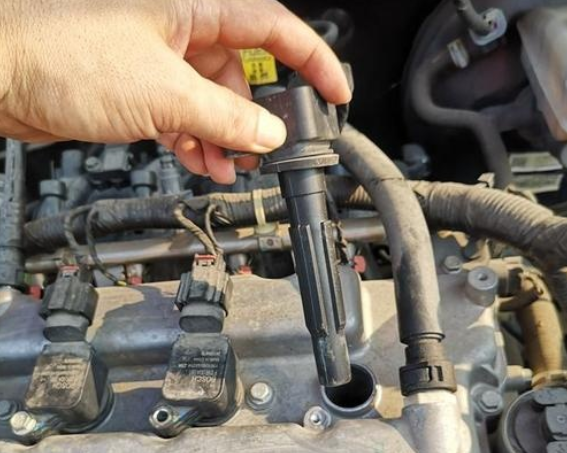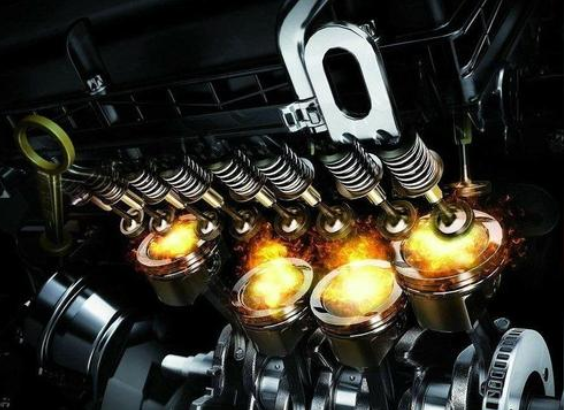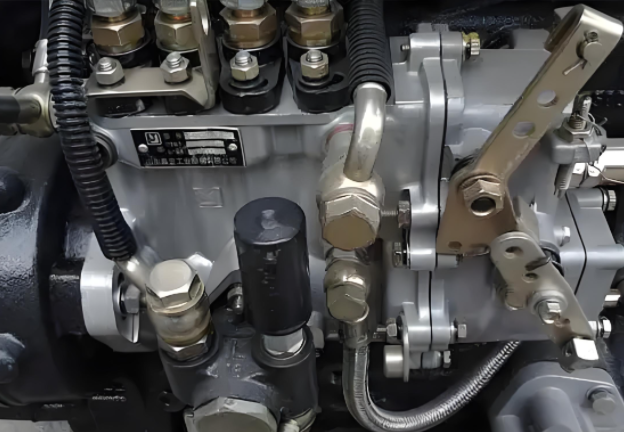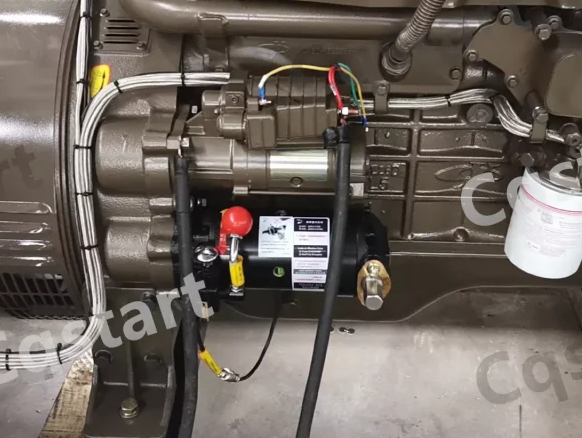When using or servicing an engine in daily life, many people often wonder: Do diesel engines have spark plugs? This question may seem simple, but it actually touches on the fundamental differences between diesel and gasoline engine operating principles. Today, in this post, we provide a detailed explanation of the answer and help you understand what diesel engines rely on for ignition.
Part 1. Do Diesel Engines Have Spark Plugs?
Do diesel engines have a spark plug? Well, the answer is: No.
Diesel engines are operated on an independent system of ignition compared to gasoline engines and therefore do not require spark plugs to ignite fuel. The function of the spark plug in a gasoline engine is crucial. It generates a spark inside the combustion chamber which ignites the air-fuel mixture at the right time. This spark is regulated and is necessary for the proper operation of the engine.
But in diesel engines, fuel spontaneously ignites following injection into very highly compressed hot air. This ignition does not require a spark, and thus the diesel engine does not utilize spark plugs. In the subsequent sections, we will illustrate how do diesel engines ignite fuel in detail.

Part 2. How Do Diesel Engines Ignite Fuel?
Diesels operate on a concept known as compression ignition, where instead of using an outside source of spark for the purpose of ignition, diesels depend on heat generated while compressing air to very high pressure and temperature.
This is the process in detail:
In diesel engine compression strokes, only air (not fuel/air mixture as in petrol engines) is drawn into the cylinder and compressed to a very high pressure to create very hot temperatures, typically in excess of 500–700°C (932–1292°F). At some appropriate moment in time, diesel fuel is admitted straight into the combustion chamber; when combined with hot compressed air burns spontaneously: sparkless combustion.
Gas engines often employ spark ignition technology in order to ignite the fire; in gas engines, air and fuel are first compressed before ignition through a spark plug that creates an electric spark at a set timing for igniting the combustion.
Compression ignition is one of the primary reasons why diesel engines provide higher thermal efficiency and torque in low RPMs; which makes them best suited to be employed for trucks, generators, heavy machinery and other such heavy duty purposes.

Part 3. How Do Diesel Engines Start?
Even though diesel engines never use spark plugs, some applications, the vast majority of which are light-duty, incorporate glow plugs to help with cold starting during bad weather conditions.
Glow plugs are unique compared to spark plugs in that they’re used to heat the air in a combustion chamber before starting an engine.
During cold engine running in winter seasons when air temperature may be too low for the diesel fuel to burn spontaneously on injection, glow plugs rapidly become hot enough to temperatures above 1000°C or 1800°F and sufficiently heat surrounding air temperatures to increase its susceptibility for spontaneous ignition on injection.
Glow plugs are most needed in light-duty diesel vehicles like pickups, delivery trucks and small commercial trucks. Without glow plugs it would most likely be impossible to start diesel engines under cold weather conditions; when warmed up to their usual working temperatures the heat of compression should be sufficient in igniting their engines without any external assistance.

Part 4. Diesel Engine Starting System: How Does It Work?
With regular operation, diesel engines are started with an electric starter motor that drives the engine’s flywheel to rotate the engine. The rotation compresses the air in the cylinders, eventually giving starting to the engine through compression ignition.
Under certain circumstances, however, standard electric starting equipment will be unreliable or impractical. The circumstances are:
- Offshore oil rigs
- Underground mine workings or tunnels
- Remote areas without electricity supply
- Hazardous or explosive locations
In such conditions, a Spring Starter is the ideal alternative.

What is a Spring Starter?
A Spring Starter is a non-electric and mechanical starting aid designed specifically for diesel engines. It starts by hand or mechanically winding a powerful spring. The spring is wound up as much as possible, via which it stores enough energy, and when released, it drives the engine’s crankshaft very rapidly—initiating the compression cycle needed to turn the engine over.
This technology requires no batteries, wiring, or electricity and is therefore very reliable under heavy-duty or emergency conditions. Spring starters are especially suitable for:
- Remote or harsh environment diesel engines
- Emergency standby generators and fire pumps
- Safety-critical applications where electric systems can fail
If you need a strong, dependable, and electricity-free diesel engine starting solution, we strongly recommend that you use a Spring Starter. Not only is it maintenance-free, but also it allows your engine to start whenever you want it to.
In Summary
Diesel engines employ no spark plugs. They are compression-ignition. For cold starts, especially in cold weather, glow plugs can be utilized to supplement the ignition process by pre-heating the combustion chamber.
If you find yourself in an application where reliability in the starting system is critical, consider using a Spring Starter, a mechanical, power-free, low-maintenance piece of equipment which gives effective engine starts without reliance on electricity.
If you are a diesel equipment operator, maintenance technician, or supplier of diesel parts, we hope the article provided above has facilitated your understanding of how diesel engines work. If you must know more about or purchase Spring Starters that work on most diesel engines, you can reach out to us for expert advice and competitive prices!
FAQs on Diesel Engines
Do new diesel engines feature glow plugs?
Yes, a lot of current diesel engines, especially in light trucks, use glow plugs to help cold starts by preheating the combustion chamber. Other heavy-duty engines may use something else for cold starting instead, though.
What do diesels replace spark plugs?
Diesel engines use compression ignition instead of spark plugs. They compress air to extremely high temperature and pressure, and the diesel fuel injected auto-ignites without a spark.
Why are diesel engines longer-lived?
Diesel engines typically last longer due to being constructed using stronger parts designed to withstand higher compression ratios and pressure levels, and their combustion is more efficient, producing less high-temperature combustion stress on parts.
Diesel fuel’s superior lubrication properties also help prevent engine wear, prolonging its longevity over gasoline engines. All these features combine to extend their lives.
What happens if you put spark plugs into a diesel?
Placing spark plugs into a diesel engine will not work since diesel engines do not employ spark plugs for the purpose of sparking. Diesel engines employ compression ignition, whereby fuel is ignited by hot temperature from compressed air. Placing spark plugs into a diesel engine will not work and could harm the engine or cause it to malfunction.

